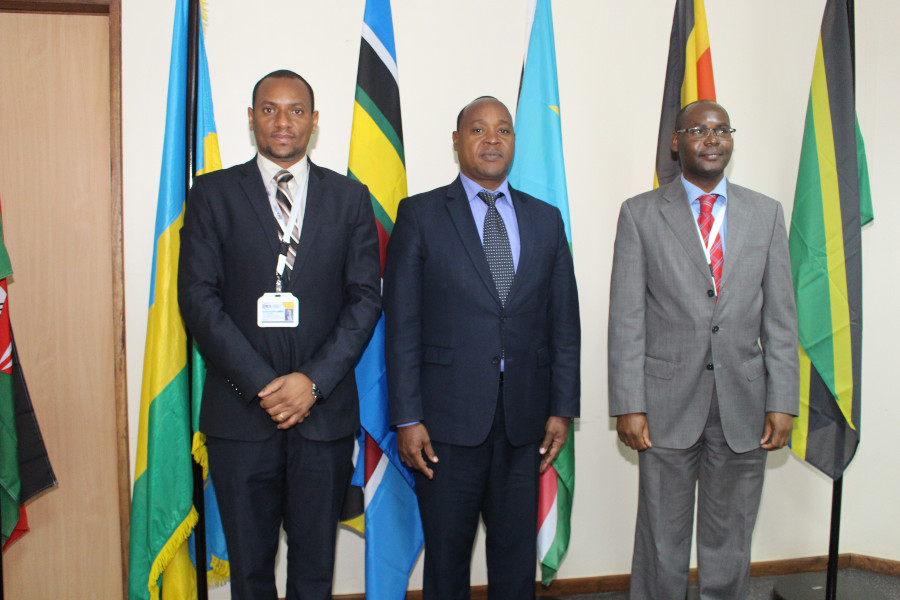
'Reliable and affordable energy key to EAC integration'
Reliable and affordable energy sources of energy are key to the attainment of all the four stages of the EAC integration, namely the Customs Union, Common Market, Monetary Union and Political Federation.
EAC Secretary General Dr. Peter Mathuki said that energy was a driver and enabler of all sectors of the economy, adding that the harmonization of Partner States’ national policies governing energy was therefore critical.
Dr. Mathuki said that harmonizing energy policies in the region and making energy affordable was crucial to improving the business environment in East Africa and increasing its attractiveness as an investment and trade hub.
“The first thing an investor seeking to set up in a country usually asks is the cost of energy. We need to reduce the costs of energy in the region to facilitate investment,” said Dr. Mathuki.
Dr. Mathuki was speaking at the EAC Headquarters in Arusha, Tanzania when he received the Executive Secretary of the Energy Regulator Association of East Africa (EREA), Dr. Geoffrey Mabea, who paid him a courtesy call in his office.
Dr. Mathuki said that EAC was keen to partner with EREA as part of efforts to inform policy and decision-making on energy matters at both the national and regional levels.
The Secretary General urged EREA to put in place a structured engagement framework for the harmonisation of energy policies in the region. He advised the association to seek observer status at the EAC especially on matters to do with trade, infrastructure, energy and investment.
On his part, Dr. Mabea said that energy drives everything in the world today including digitalisation, adding that EREA was spearheading efforts to establish the East African Energy Union.
“EREA is harmonising methodologies for arriving at tariffs across the region. Currently, every country has its own methods of arriving at tariffs. This makes investment in the region very difficult due to differing energy tariffs,” said Dr. Mabea.
“The East African Energy Union basically seeks to harmonise the energy policies of the EAC member countries. It has three objectives, that is, to harmonise energy policies, capacity building for the energy sector in the region and to provide advisory and information sharing to enable EAC member states to facilitate trade in energy,” said Dr. Mabea.
The Executive Secretary disclosed that EREA had developed over 40 tools and frameworks to enhance harmonisation of energy policies and tariffs in the region.
The EREA CEO added that the Association was also at an advanced stage of establishing an East African Centre for Energy Regulation in the region, and sought the support of the EAC in making this a reality.
Accompanying Dr. Mabea at the courtesy call was CPA Augustino Massawe, the Finance and Administration Lead at EREA.
Source: Eac.int
Links
- 94 views






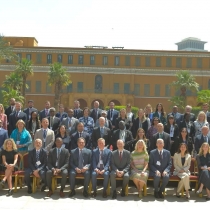


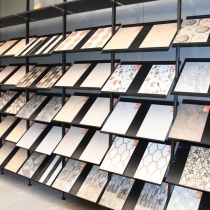




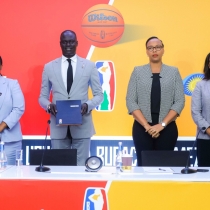













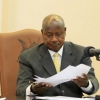











Join the conversation